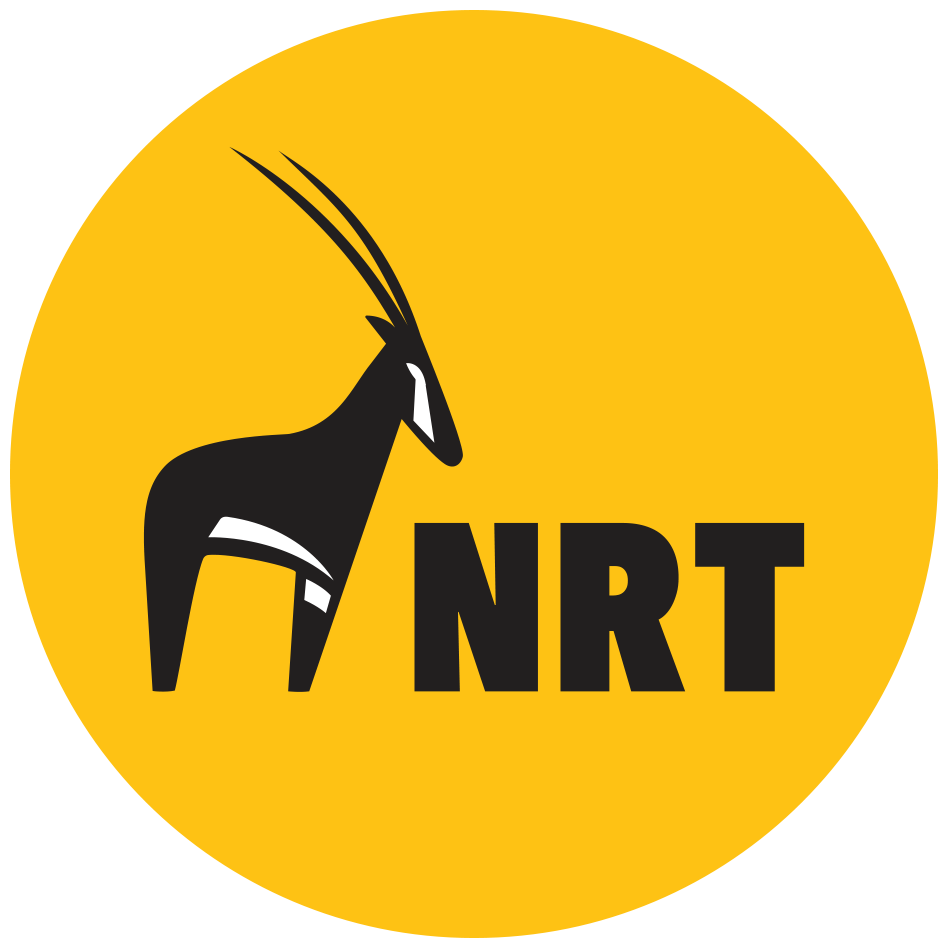
It is evening at Dade Roba’s maize mill in Biliqo Bulesa Conservancy. Dade and her son Omar, still in his school uniform, get ready to process a three-kilogram bag of maize.
“It was left earlier by a client and I was out attending the last day of microfinance training from NRT,” Dade says, looking at Omar and nodding her head towards the mill.
Omar dutifully plugs a shaft into the engine and after a few cycles it rumbles to life. At the other end, Dade pours the maize into a tray that feeds it to the heart of the mill.
“This is my livelihood,” she says proudly, smiling at her son. She’s got reason to smile today – Dade has just been granted Ksh. 25,000 as a business loan from Biliqo Bulesa Conservancy – but her journey to this point has been far from easy.

Dade is a mother of nine children, and the sole breadwinner after the death of her husband in 2000.
“ [When my husband died] I had to find a way to sustain my family. I decided to set up a posho (maize) mill because no one else in the area had a similar business, yet there was demand,” she says. Her business model is to charge maize farmers a fee for milling and marketing their crop. So when drought hits, as it did in 2017, her business suffers.
“When the rains are good, I can easily take home Ksh. 1,500 shillings a day,” she says. “But last year this dropped to just Ksh. 100. Our community farm along the Ewaso River, which is seasonal, so when there is no rain, there are no crops. No crops means no business for me.”
Realising the importance of supporting local businesses, and linking economic prosperity to conservation, the community of Biliqo Bulesa voted to apply to NRT for microloan funding through the Conservancy Livelihood Fund. Dade was one of 108 people (102 of which were women) to receive the loans, which are overseen by NRT Trading. Recipients are given training in saving, financial literacy and business development, and are encourage to join a Savings and Credit Cooperative (SACCO).

“Unlike other institutions, Northern Rangelands Trust is different. They bring money to the village and they train you on how to save and manage it,” Dade says as she kills the mill engine, and begins to pack the finely milled flour into sacks. She then sends Omar to deliver it to the client in the village.
“With the money I have received I will be able to empower my business. Given that there is a shortage of maize here, I can send for maize from Isiolo or Archers Post, which I will later resell at a profit. Were it not for this money I will still be waiting for the next crop. With this loan, I’ve got a business that can ensure I have income to feed and educated my children.”
